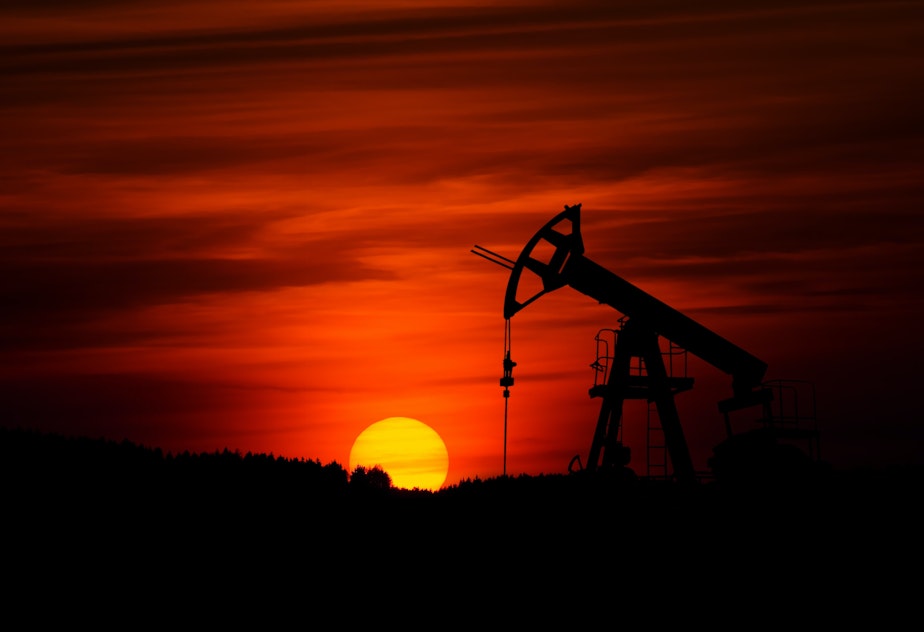Stark federal report: climate chaos is here, with worse to come

A stark new federal report says our changing climate threatens the things Americans value most. In the Northwest, that includes everything from our homes, forests, and snowpack, to our physical and mental health.
The fifth National Climate Assessment, released for public comment on Monday, states that people in the Northwest and nationwide are feeling the effects of climate change in their everyday lives.
These changes are already hurting the region’s most vulnerable people. They’re expected to accelerate and bump into each other as our climate keeps heating up.
A record-smashing 2021 heatwave killed an estimated 1,200 people in British Columbia, Oregon, and Washington, while a less-extreme 2022 heatwave killed at least 20 people in Oregon and Washington, according to preliminary coroner’s reports.
Heatwaves kill more Americans annually than any other type of weather disaster.
Sponsored
“Climate impacts are happening now,” said University of Washington Climate Impacts Group scientist Crystal Raymond, one of the coauthors of the assessment’s Northwest chapter. “More wildfire, combined with more extreme precipitation means there's a greater potential for erosions, landslides, mudslides.”
The report is the latest in a long line of scientific efforts to warn the public of the impending climate disaster. It’s a tough read if you have kids or care about the future.
“More intense extreme events and long-term climate changes make it harder to maintain safe homes and healthy families, reliable public services, a sustainable economy, thriving ecosystems, and strong communities,” it states.
The Northwest can expect increasing drought, heatwaves, and smoke in the summer and more intense rainfall and flooding the rest of the year.
But efforts to end fossil-fuel pollution as soon as possible can limit how much hotter our future gets.
Sponsored
“Every degree counts,” the report from 13 federal agencies concludes.
The draft report comes as global negotiators gather in Egypt to try to slow the world’s emissions of heat-trapping gases.
Raymond said she hopes the new report reminds people that solutions do exist for this worsening crisis, whether it’s making communities more resilient or stopping the pollution behind the crisis.
“Most adaptation or resilience work happens at the local level,” Raymond said. “And by having a Northwest chapter really focused on people, how people are affected, hopefully, that provides some motivation to local governments to see that they can actually take action.”
The National Climate Assessment, the first in five years, is out for public comment through the end of January.




